By Alyce Collins
THIS STUDENT had his first hip replacement aged TWENTY, and by the age of TWENTY-FOUR he had his fourth hip replacement as a result of a rare bone disorder which ATE AWAY at his hips.

MDWfeatures / Aaron Blocker
Graduate student, Aaron Blocker (26) from Mississippi, USA, was diagnosed with Crohn’s disease in 2009 and then diagnosed with avascular necrosis in both hips in 2010, meaning the bones were gradually dying without Aaron knowing.
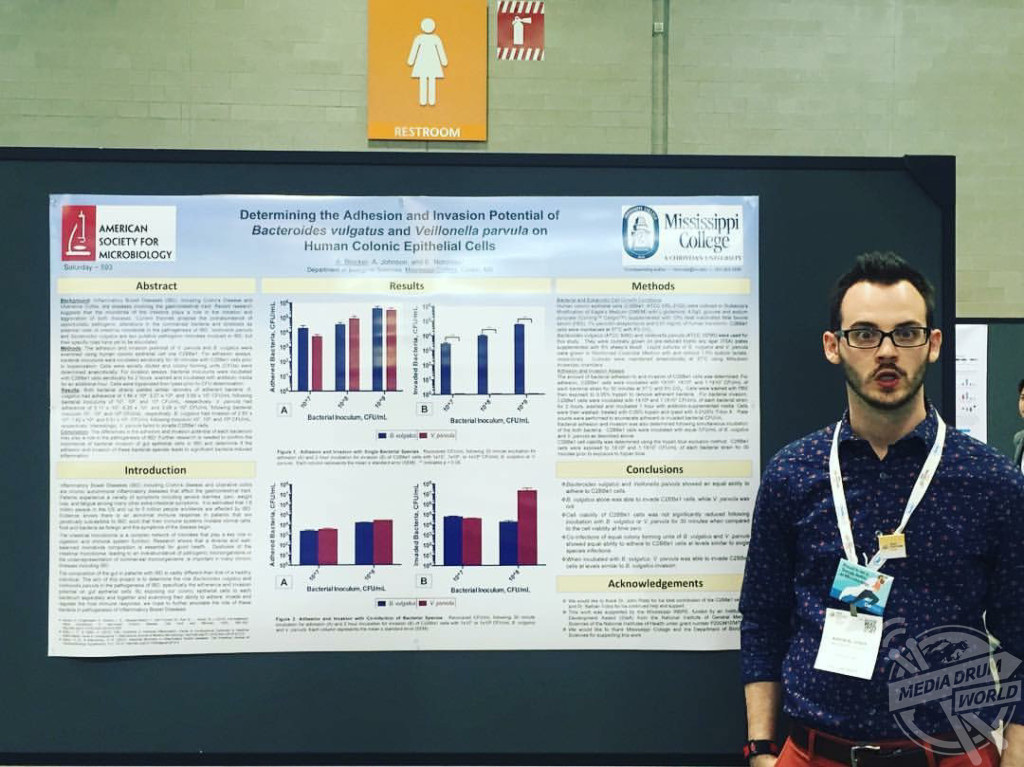
MDWfeatures / Aaron Blocker
In September 2012, at the age of just 20, Aaron was told that he would need major surgery involving replacing both of his hips due to his deteriorating condition. The pain from just walking a few steps became too difficult and surgery was the only option.
Aaron has been diagnosed with hypophosphatasia, a rare disorder that affects the development of bones which caused the necrosis of the hips. The disease affects less than 1,000 patients across the USA, making the diagnosis very difficult.
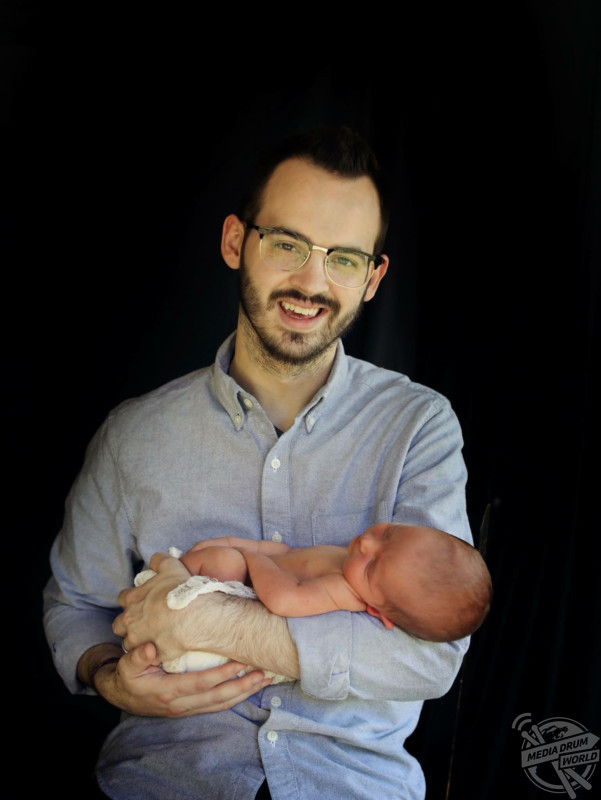
MDWfeatures / Aaron Blocker
While in the middle of studying for his master’s degree at the age of 24, Aaron underwent his fourth hip surgery in as many years. The initial hip replacement was supposed to last between 15 and 20 years, but at the time doctors weren’t aware of Aaron’s rare bone disease which ate away at his hips.
Despite spending a lot of time on crutches and facing limitations every day due to his condition, Aaron remains positive and hopes to redefine the idea of a ‘normal’ life to show others that it’s still possible to accomplish anything they desire.
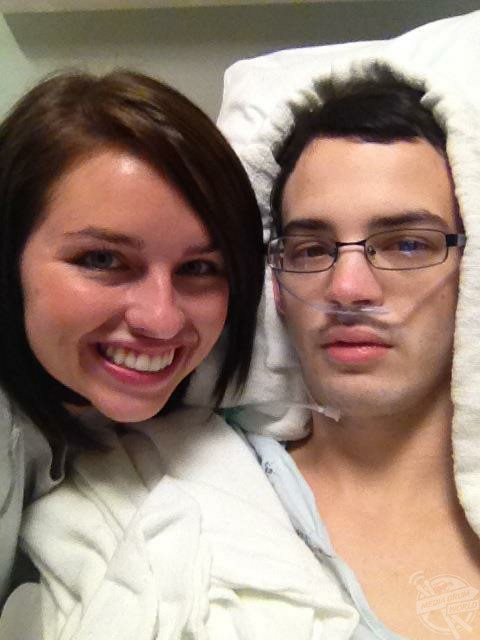
MDWfeatures / Aaron Blocker
“I was diagnosed with avascular necrosis of both hips in my second year of university in 2010, and then last year I was diagnosed with an ultra-rare genetic bone disease called hypophosphatasia,” said Aaron.
“Hypophosphatasia contributed to me developing avascular necrosis which meant I needed so many hip replacements.
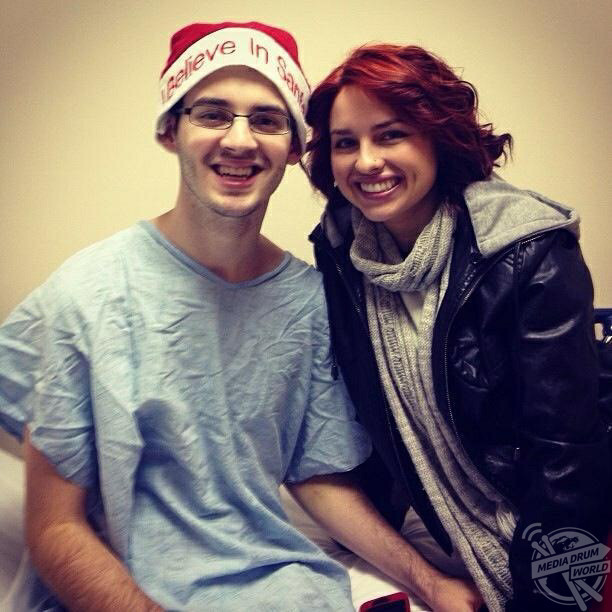
MDWfeatures / Aaron Blocker
“Before surgery I had horrible pain, couldn’t walk well. I was on crutches and wore leg braces on and until the surgery.
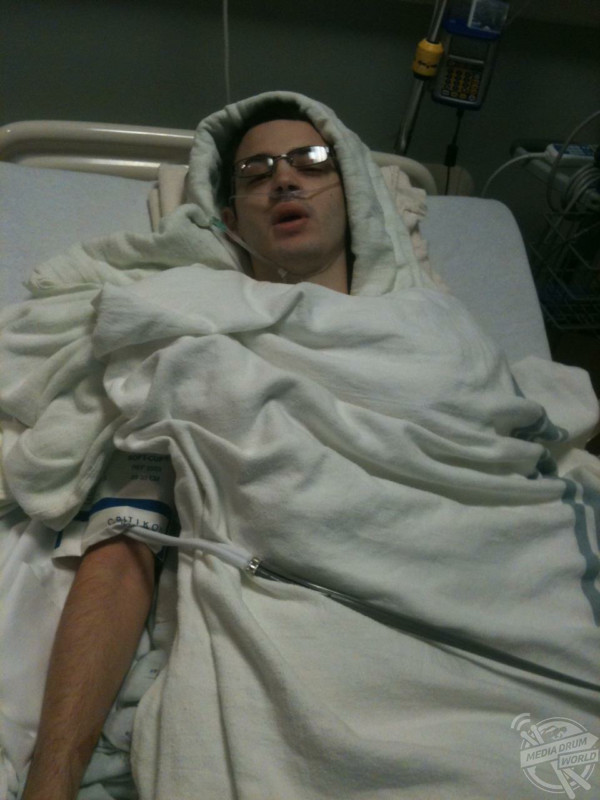
MDWfeatures / Aaron Blocker
“I was 20 years old and told I needed my hips replaced, so major surgery was needed. It’s a surgery that people typically don’t need until much later in life, so I was devastated.
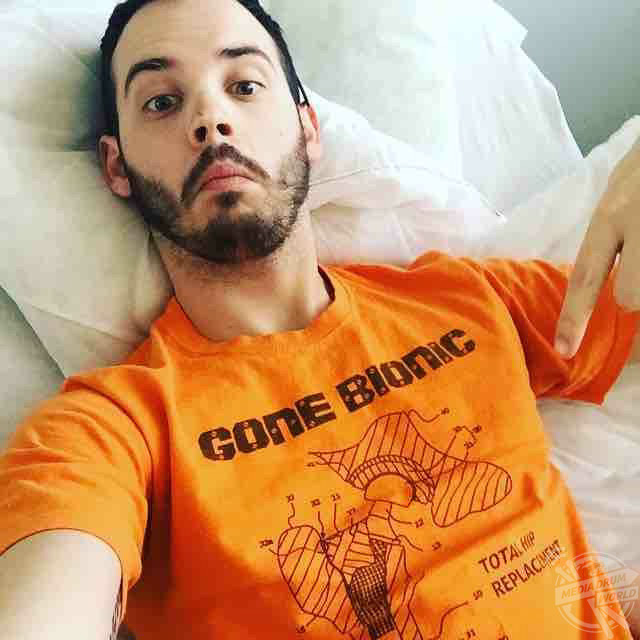
MDWfeatures / Aaron Blocker
“My first hip replacement was September 2012 and I was in the hospital for five days after. The surgery really helped – I didn’t realise how bad they had become until I could barely walk and realised it needed replacing.
“The next hip replacement was December 2012, but I ended up staying in hospital for 10 days because I had an infection in my incision.
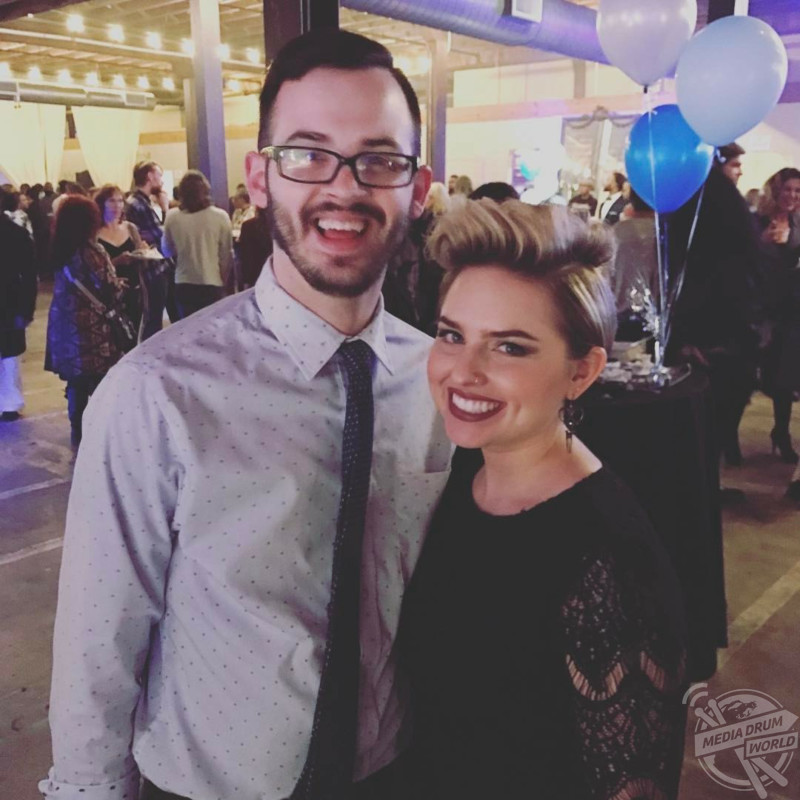
MDWfeatures / Aaron Blocker
“Hip replacements generally don’t last terribly long. I was told my initial replacements might last 15-20 years, but back then we didn’t know I had a rare bone disease, so they only lasted for three years, but no one knew why.
“When my hip replacements failed, and I was told that I needed both hips replaced again, after only three and a half years I was even more devastated because I was only 24 years of age – I knew I needed it because of the problems I had, but it was tough.
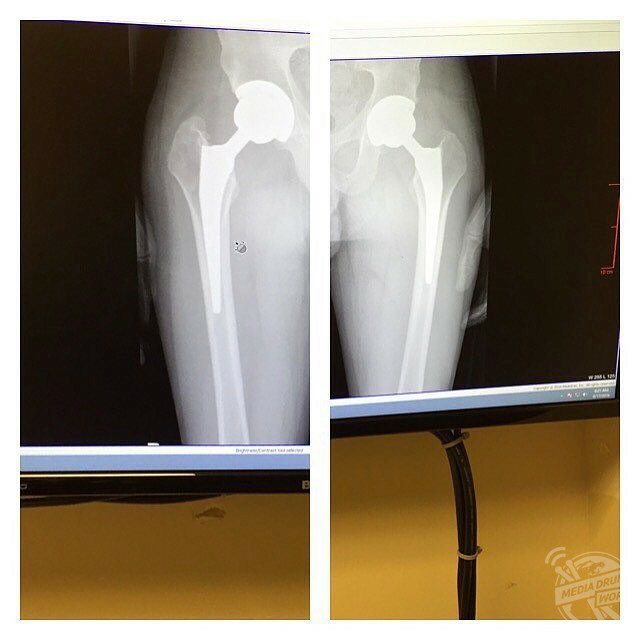
MDWfeatures / Aaron Blocker
“I sat in my car after my appointment and cried to myself. Since I was only 24 when I had my second round of replacements, even if I get 20 years out of them, I would still need them replaced again later in life.
“With my bones being so bad, there’s always a chance I may need surgery here and there. It’s just a fact of living with my diseases.
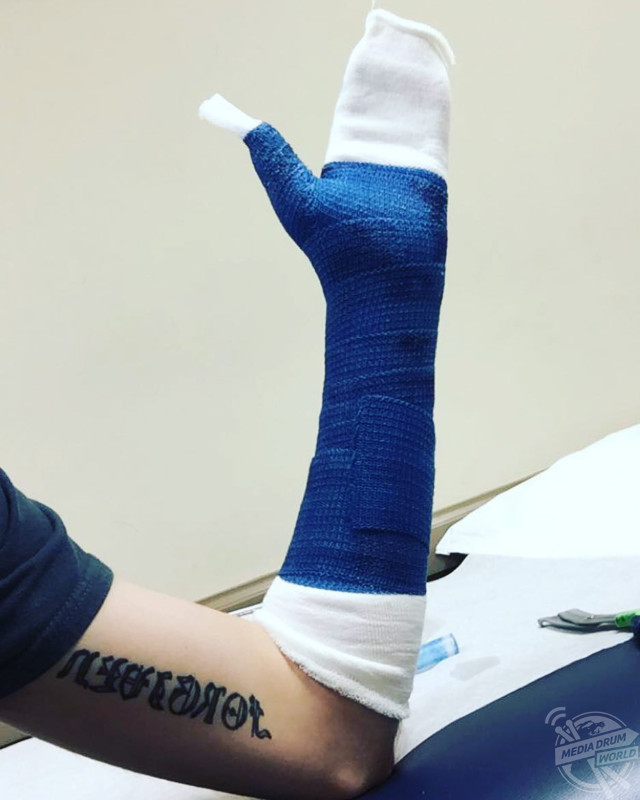
“Getting the hypophosphatasia diagnosis was a bit of relief in hindsight honestly. I have had bone problems since I was born so the diagnosis, although it was scary, it was a relief to us all to finally understand the issue.”
Aaron wants to encourage people to be positive despite what their condition is as he refuses to be beaten by his bone disease.
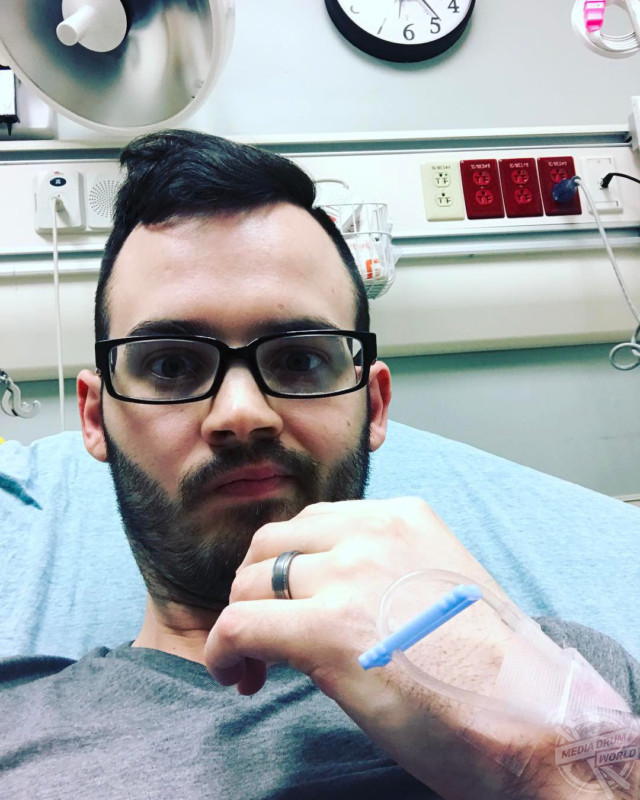
MDWfeatures / Aaron Blocker
The rare disease has an impact on Aaron in his daily life, from causing pain to stopping him from being able to run. However, he has a level of pride from what he has managed to accomplish so far, including starting a family with his wife, Emily, and hoping to work in microbiology research.
“I have always tried to live in spite of my disease and show that even though I have faced more health challenges in my 26 years of life than most people will in their entire life, I can still pursue my dreams and accomplish a lot,” said Aaron.
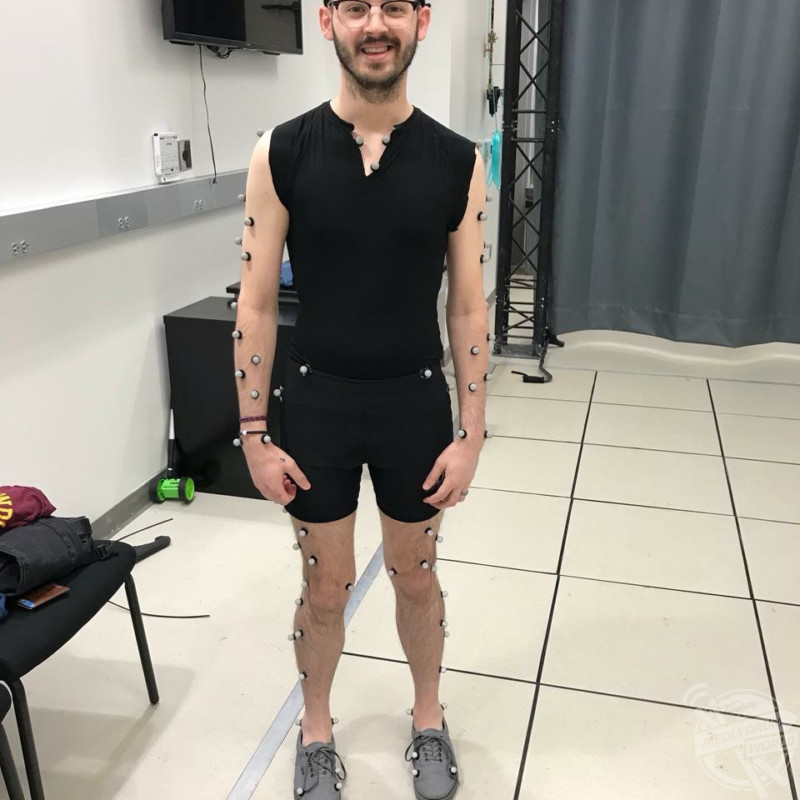
MDWfeatures / Aaron Blocker
“I want to be honest and open by telling people that it’s not easy. I have to put in so much extra work to work around my disease and to know my limits.
“So many people are shocked when they learn that I have had hip replacements so young. I have had some people not even believe me until I showed them proof.
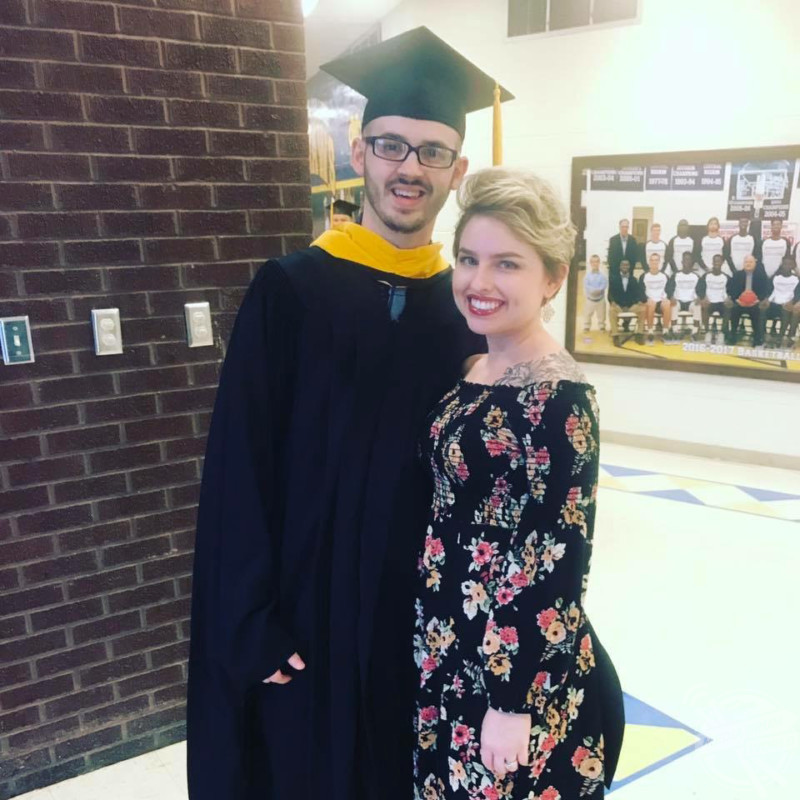
MDWfeatures / Aaron Blocker
“I think the hardest part, outside of the surgery, is the physical limitations I face because of it. My rare disease impacts my energy levels, causes pain and limitations, but having four hip replacements means you can never go back to ‘normal’.
“I can’t run, can’t squat, and I have muscle problems in my legs from surgery, so it’s been tough. I still have a normal life and I can do a lot of stuff, but I do have limitations which will always be present.
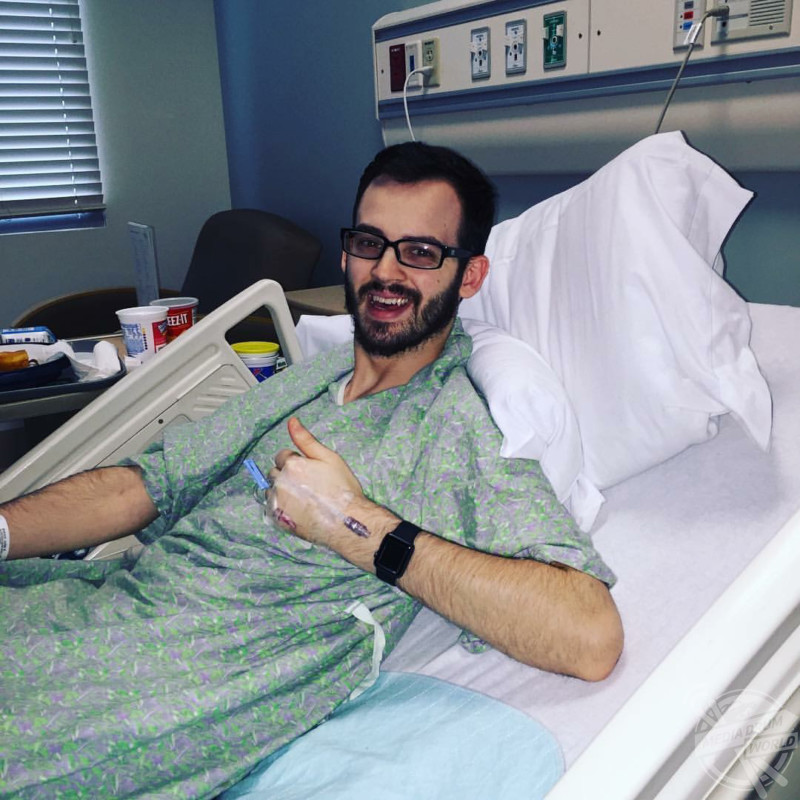
MDWfeatures / Aaron Blocker
“I am proud of what I have accomplished with my schooling and also of the advocacy work I do as a patient.”
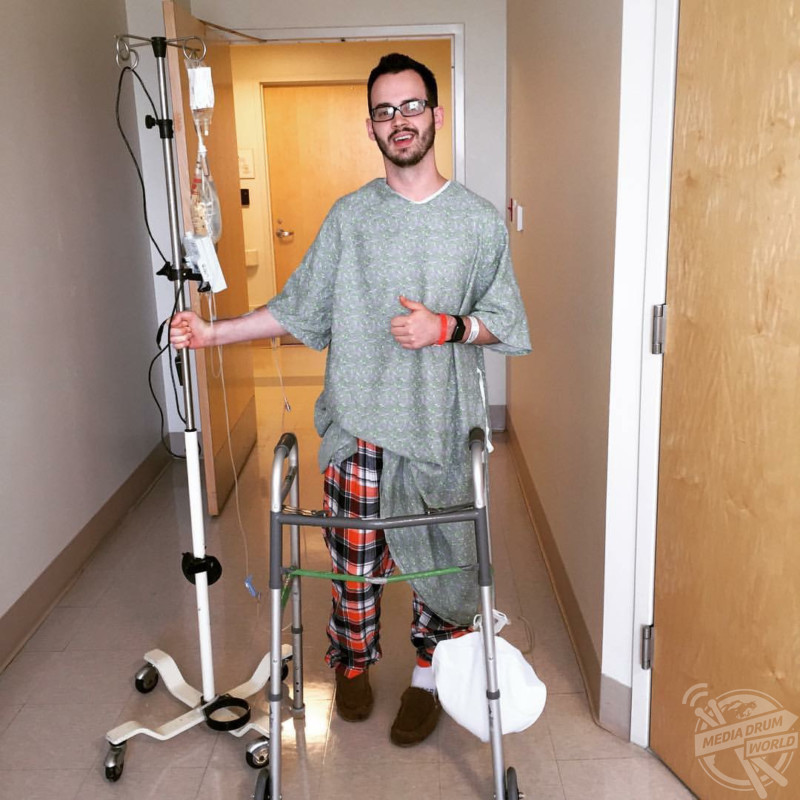
MDWfeatures / Aaron Blocker
You can follow Aaron’s advocacy work on Instagram, @aaronblocker_.






